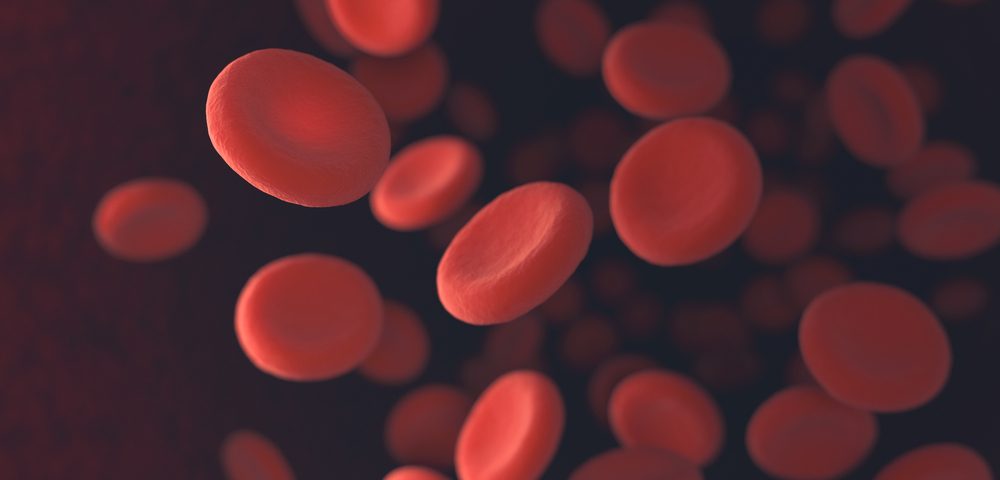Mesoblast recently announced positive results from the placebo-controlled Phase 2 trial of its cell therapy MPC-300-IV for diabetic kidney disease patients.
All results can be found in the paper “Allogeneic Mesenchymal Precursor Cells (MPC) in Diabetic Nephropathy: A Randomized, Placebo Controlled, Dose Escalation Study,” published in the journal EBioMedicine.
The clinical trial, conducted by researchers at the University of Melbourne, Epworth Medical Centre, and Monash Medical Centre in Australia (NCT01843387), assessed the safety, tolerability, and therapeutic effects of MPC-300-IV in patients with moderate to severe diabetic nephropathy.
Thirty patients with type 2 diabetes and stage 3b-4 chronic kidney disease (CKD) were included in the trial. All patients were already on a stable standard of care regimen for their disease (consisting of renin-angiotensin system inhibition with angiotensin converting enzyme inhibitors or angiotensin II receptor blockers).
Patients were randomized in three groups receiving a single infusion of 150 million MPCs (allogeneic mesenchymal precursor cells), 300 million MPCs, or saline as a control.
To analyze the effectiveness of MPC-300-IV treatment on renal function, the authors used as biomarkers the levels of glomerular filtration rate (GFR) in accordance with U.S. FDA and National Kidney Foundation guidelines, which recommended that time to 30% to 40% decline in GFR is an acceptable tool to evaluate the potential benefits of therapies for these patients.
The researchers determined that a single intravenous infusion of MPC-300-IV was well tolerated with no treatment-related acute adverse events, similar to a placebo. Positive effects on stabilizing and improving renal function were observed after 12 weeks of treatment with a single infusion.
A single infusion of the lowest dosage of MPCs, 150 million, was enough to present significant results decreasing GFR. Patients with initial levels of GFR higher than 30 ml/min/1.73m2 tended to show a more pronounced response to treatment.
“The efficacy signal observed with respect to preservation or improvement in GFR is exciting, especially given that this trial was not powered to show statistical significance,” said lead author Dr. David Packham, associate professor in the Department of Medicine at the University of Melbourne. “Patients receiving a single infusion of MPC-300-IV showed no evidence of developing an immune response to the administered cells, suggesting that repeat administration is feasible and may in the longer term be able to halt or even reverse progressive chronic kidney disease.”
“I hope that this very promising investigational therapy will be advanced to rigorous Phase 3 clinical trials to test this hypothesis as soon as possible,” added Packham, who is also director of the Melbourne Renal Research Group.

